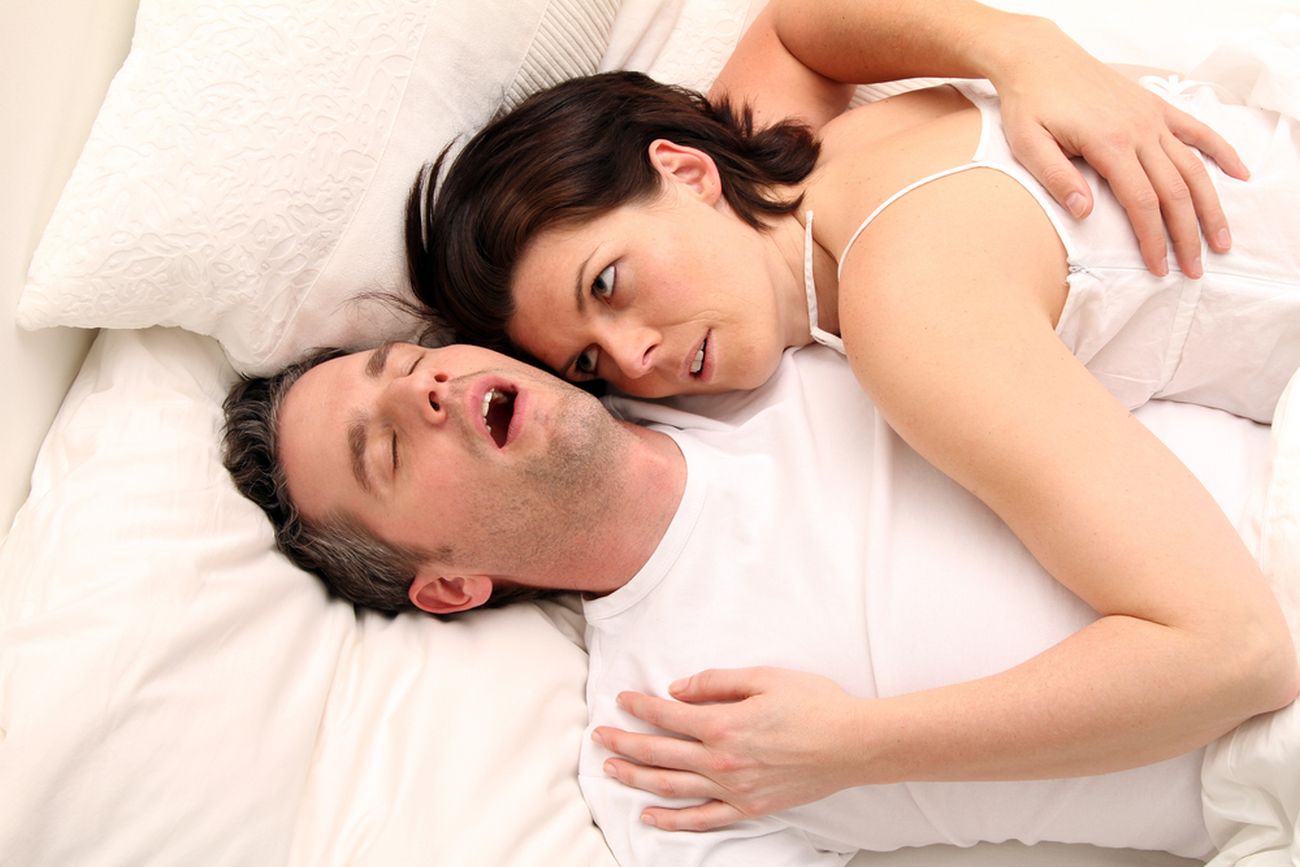
22 Jul How Much Do We Hear When We Are Asleep?
Noise can be most disruptive during the early stages of sleep. Snoring in particular can be disruptive for other household member’s sleep but how much sound do we actually consciously perceive? A recent ground-breaking study by Dr. Hanna Hayat, with major contribution from Dr. Amit Marmelshtein at Tel Aviv University investigated the science of auditory activity during sleep delving into how the awake brain transform sensory input into a conscious experience. Brain activity data was obtained using deep plantation of electrodes into volunteer epilepsy patient brains during medical procedures. This data was used to examine the difference between cerebral cortex response during sleep and wake. It was found that the brain analyses auditory input while asleep in the same manor that it does awake, although it is unable to focus on or identify specific sounds due to the unconscious state of sleep. The study also revealed however that higher regions of the brain can assess whether the sound is familiar or new and whether or not it deserves attention.
“Until recently it was believed that during sleep these signals decay rapidly once they reach the cerebral cortex. But looking at the data from the electrodes, we were surprised to discover that the brain’s response during sleep was much stronger and richer than we had expected. Moreover, this powerful response spread to many regions of the cerebral cortex. The strength of brain response during sleep was similar to the response observed during wakefulness, in all but one specific feature, where a dramatic difference was recorded: the level of activity of alpha-beta waves” – Dr. Hayat.
Alpha and beta waves are known to occur during states of rest and anaesthesia. This study displayed and quantified that the main observable difference between the brain’s response to sound during wakefulness and sleep was the strength and rate of alpha and beta waves. Integration of this science into currently used brain assessment methods such as an EEG test may be useful to non-invasively assess an individual’s consciousness in various situations.
“We hope that our findings will serve as a basis for developing effective new methods for measuring the level of awareness of individuals who are supposedly in various states of unconsciousness” – Prof Nir.
Read the full article here:
Tel-Aviv University. “During sleep the brain’s reaction to sound remains strong, but one critical feature of conscious attention disappears: Sleep provides a major key to the mystery of consciousness.” ScienceDaily. ScienceDaily, 12 July 2022. www.sciencedaily.com/releases/2022/07/220712102641.htm
Find the original publication here:
Hanna Hayat, Amit Marmelshtein, Aaron J. Krom, Yaniv Sela, Ariel Tankus, Ido Strauss, Firas Fahoum, Itzhak Fried, Yuval Nir. Reduced neural feedback signaling despite robust neuron and gamma auditory responses during human sleep. Nature Neuroscience, 2022; DOI: 10.1038/s41593-022-01107-4

